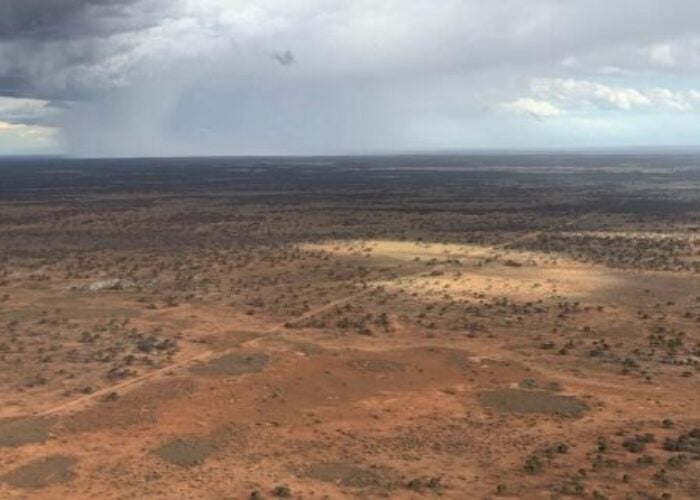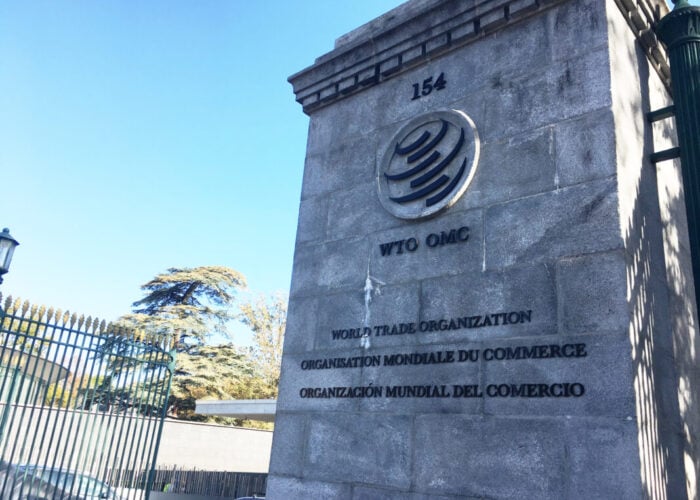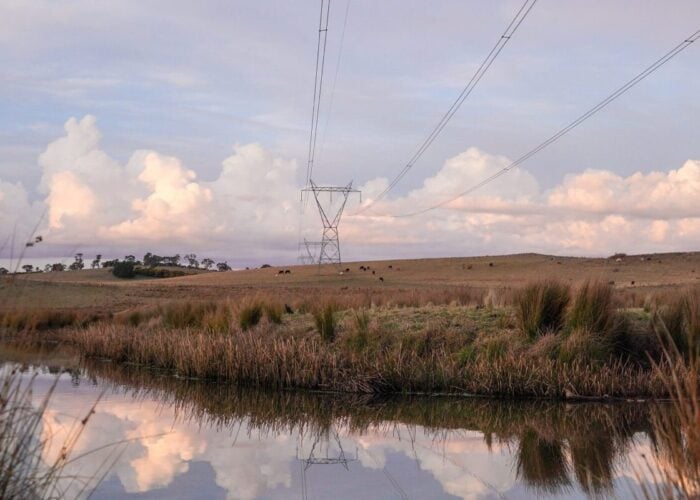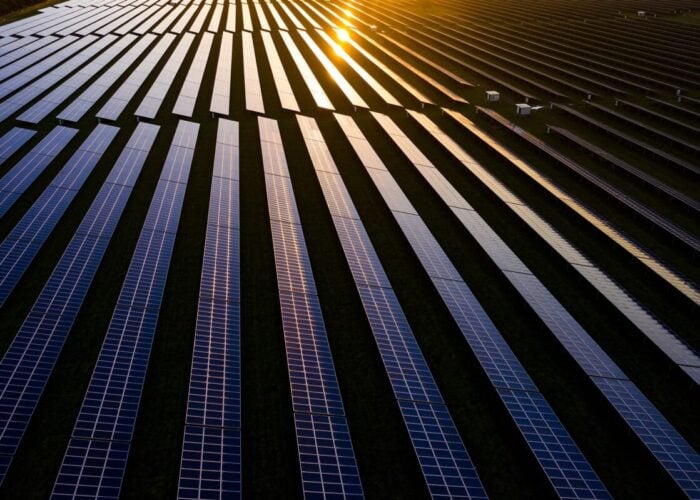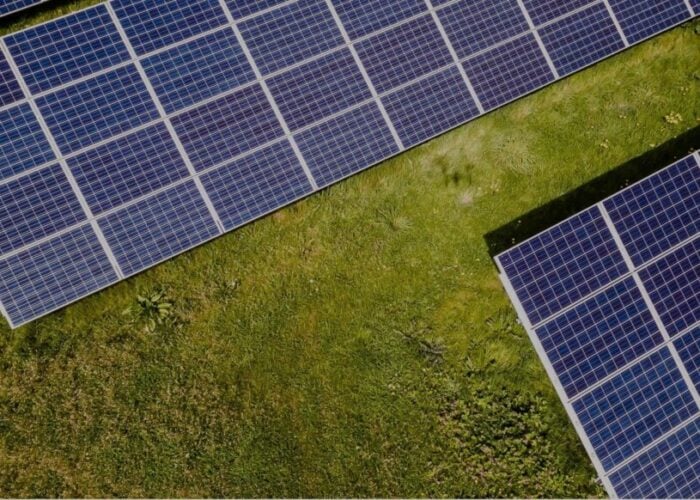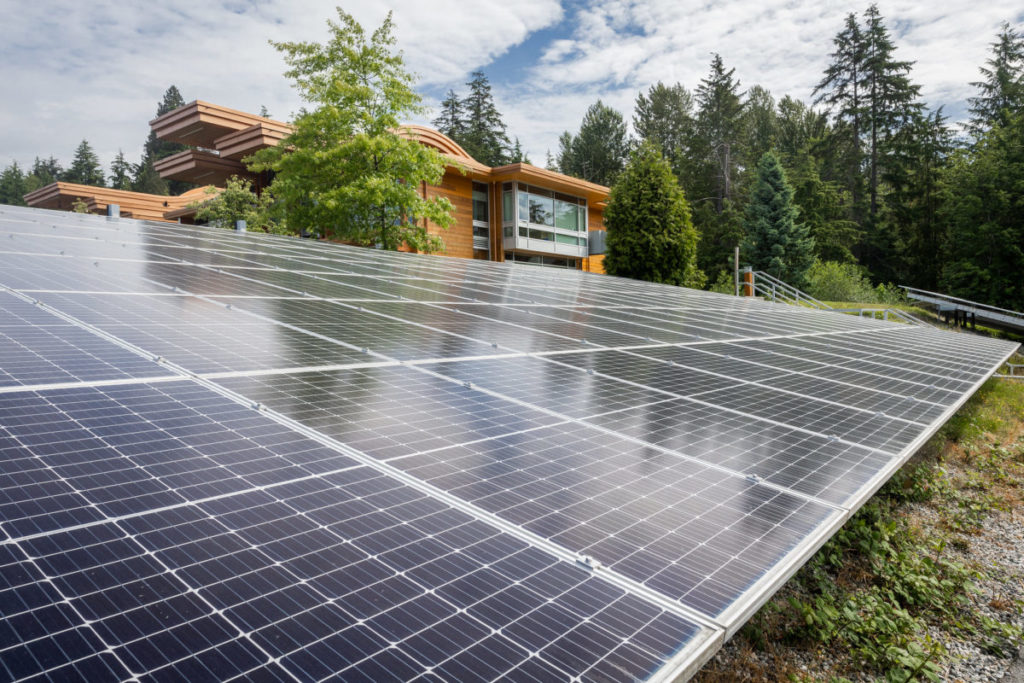
Canadian utility BC Hydro has announced to launch a call for new sources of renewable and emission-free electricity in spring 2024.
The company expected to acquire new sources of electricity as early as 2028, adding that it will only acquire clean and renewable electricity, including wind and solar. BC Hydro will target larger and utility scale projects. This will be BC Hydro’s first call for power in 15 years.
Try Premium for just $1
- Full premium access for the first month at only $1
- Converts to an annual rate after 30 days unless cancelled
- Cancel anytime during the trial period
Premium Benefits
- Expert industry analysis and interviews
- Digital access to PV Tech Power journal
- Exclusive event discounts
Or get the full Premium subscription right away
Or continue reading this article for free
According to the government of British Columbia, electricity demand will increase by 15% between now and 2030 thanks to economic and population growth, in addition to the switch from fossil fuels to clean electricity.
“To guarantee the affordable power for this important transition, we’re working in partnership with First Nations and BC Hydro to generate more of the clean electricity that British Columbia needs to build our economy, and grow our role as a clean-energy superpower,” said David Eby, premier of British Columbia.
Moreover, the call will also provide C$140 million (US$105.9 million) to the BC Indigenous Clean Energy Initiative (BCICEI) to support Indigenous-led projects, some of which may not otherwise be competitive owing to their smaller size.
The BCICEI is a clean-energy funding partnership between the Province of British Columbia, the government of Canada, and the New Relationship Trust. It provides support and capacity-building funds to First Nations communities toward the planning and implementation of clean-energy projects.
Canada has been working on energy transition, while the government announced that it will introduce tax credit incentives and invest in developing and manufacturing solar PV, energy storage and other renewable energy technologies in an Inflation Reduction Act-style scheme.
In its 2023 budget, the Canadian government confirmed the 30% refundable tax credit on investments made by taxable entities into clean energy technologies like solar, battery storage and wind. A 15% refundable tax credit for investments into clean electricity generation and energy storage by non-taxable entities – like indigenous communities and municipally-owned utilities – was announced as well.

